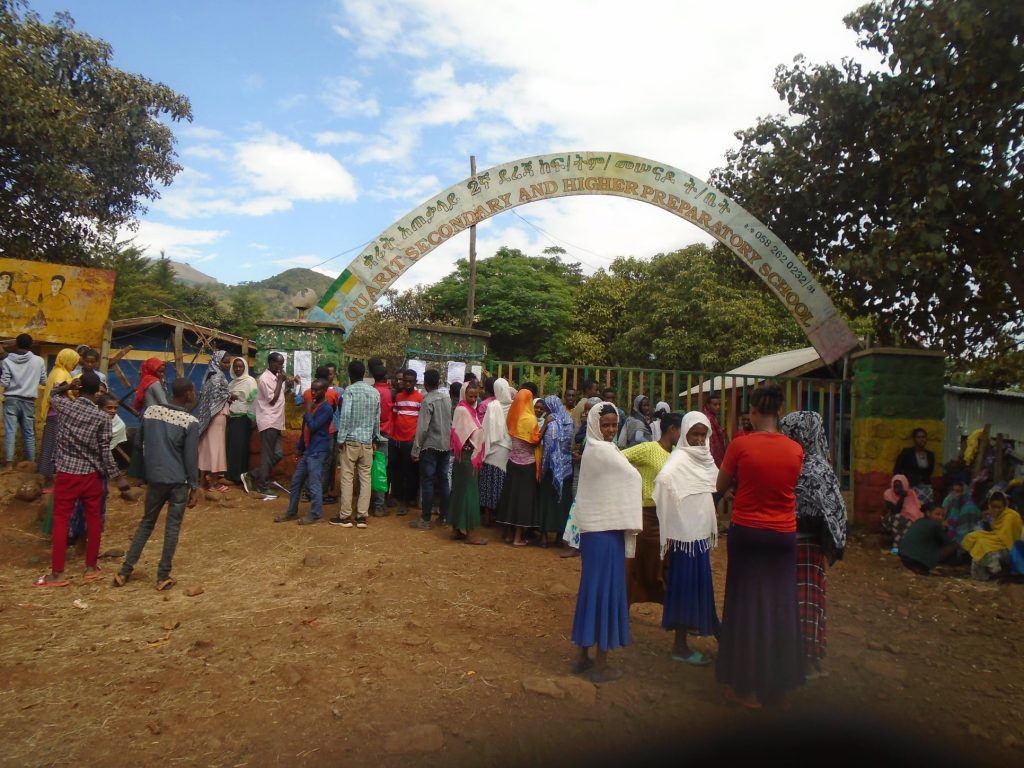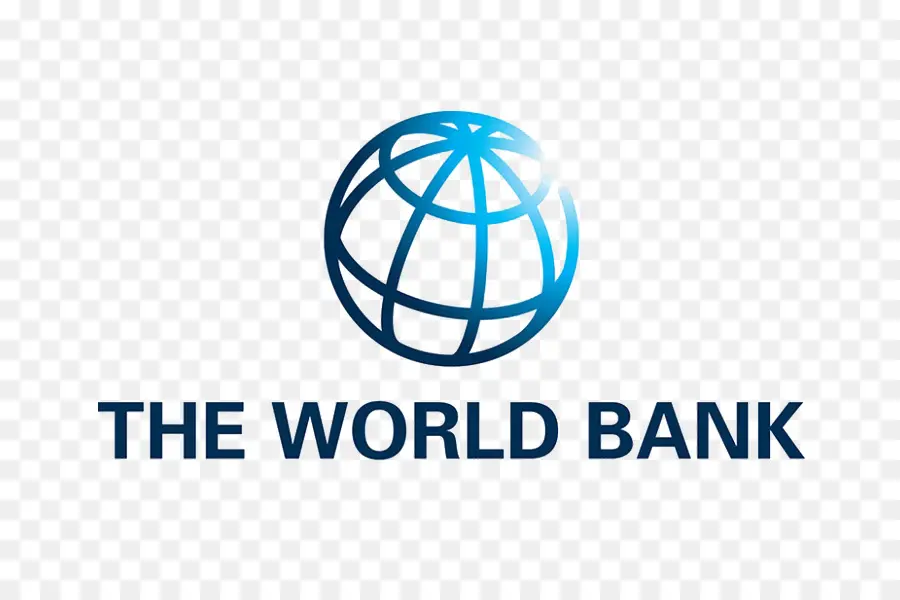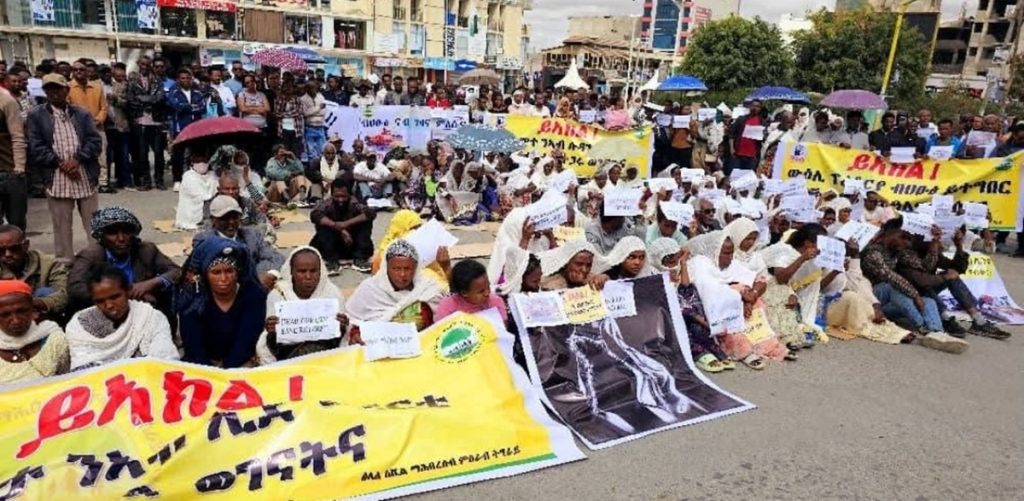Civil servants in Quarit district, located in the West Gojjam Zone of Ethiopia’s Amhara region, have reported a three-month delay in salary payments, attributing the issue to what they describe as a “collapse of local administration.” The situation has left many workers struggling to meet basic needs.
One civil servant, speaking anonymously, revealed that the district is currently “under Fano fighters’ control” following recurring clashes between government forces and the armed militia group. “The local administration has completely collapsed,” the source said, adding, “I haven’t received my salary for three months.”
Describing the impact, the civil servant shared, “We’ve been struggling since the beginning of the year, unable to afford daily meals and relying on relatives. We’ve reached a breaking point.”
Similar reports of salary delays have surfaced in other districts within the West Gojjam Zone, including Sekela, Dega Damot, and Shindi. However, the civil servant noted that salaries in those areas have recently resumed.
A healthcare worker from Quarit district also confirmed that he hasn’t received his salary since October 2024. He attributed the delays to the absence of a functional local administration. “We’re worried about how to secure our daily meals,” he said.
The healthcare worker added that government employees from neighboring districts have been instructed to travel to Finote Selam, the zonal capital, to collect their salaries. However, the security situation has made such travel dangerous. “The risks are not just financial but also a matter of personal safety,” he explained.
The Amhara region has been mired in conflict between government forces and Fano militias, leading to civilian casualties, school closures, and interruptions in essential services. A recent report by European Civil Protection and Humanitarian Aid Operations (ECHO) underscored the humanitarian crisis in North Wollo Zone, where access restrictions by local militias have left 77,000 people, including 10,000 displaced, in dire conditions.
ECHO’s report highlighted the absence of government structures, dysfunctional telecommunications and banking systems, and widespread disruptions in aid delivery.
The ongoing conflict and administrative breakdown continue to deepen the region’s humanitarian and socio-economic challenges, with no immediate resolution in sight.





